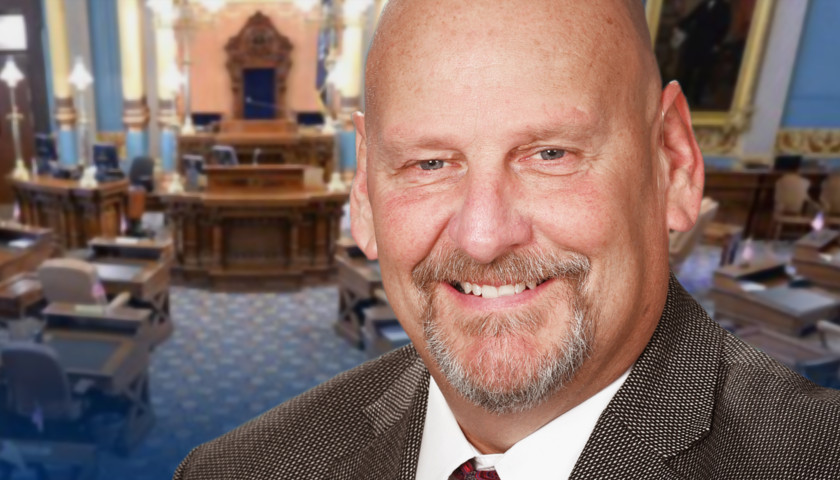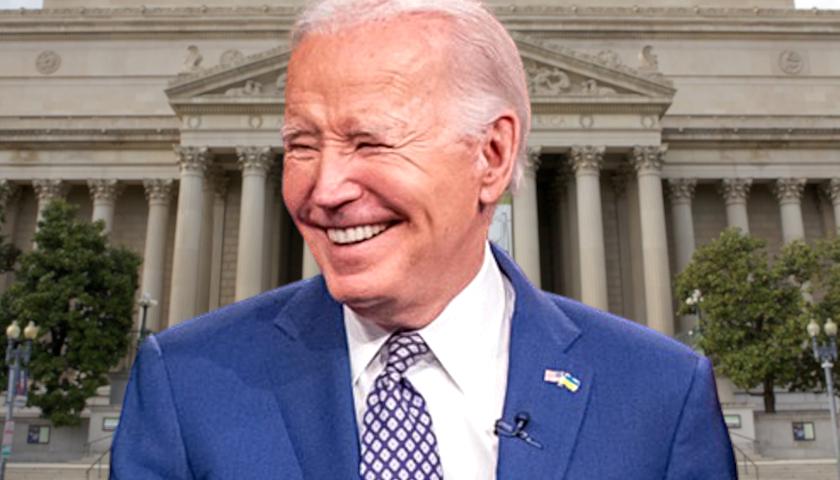by Scott McClallen
A bill in the Michigan Legislature hopes to wipe out more student debt to fill doctor shortages.
Sen. Curt VanderWall, R-Ludington, filed legislation that would raise the Michigan State Loan Repayment Program to $250,000 from $200,000 for medical professionals who agree to work in underserved areas for 10 years.
The bill comes as rural areas face clinician shortages.
The Association of American Medical Colleges predicts a national shortage of medical professionals requiring up to 55,200 primary care physicians, 65,800 non-primary care physicians and specialists by 2032.
According to Chicago-based national health care consulting firm Navigant, 18 rural hospitals in Michigan are at high risk of closing – about one-in-four rural hospitals in the state – the ninth highest percentage in the nation.
The U.S. Health Resources (HRSA) said that Michigan needs about 1,000 medical professionals, including primary care doctors, dental professionals, and mental health professionals.
Michigan’s current loan program requires professionals to serve a minimum of two years in underserved areas and pays off up to $40,000 of debt per year.
VanderWall’s proposal would increase that limit for those who serve an underserved area for 10 years.
Michigan has required employers to split medical debt 20/80 with the state and federal government splitting the majority.
Beth Nagel, director of the planning division of the Michigan Department of Health and Human Services, said she supported the bill.
“If we don’t solve [the doctor shortage problem] today, we’re going to pay for it later,” VanderWall, chairman of the Senate Health Policy Human Services Committee, told Bridge. “It’s a small investment to the future health care throughout the state.”
In 2018, Michigan sent doctors and clinicians to 150 providers – the most in the nation – according to HRSA.
Since 1991, 1,013 clinicians in Michigan have practiced in underserved areas, including 696 in rural sites, according to HRSA numbers provided to Bridge Magazine.
Michigan budgets $1.5 million per year for the program, supplemented by federal and local funds.
A Senate Fiscal Agency analysis warned that increased payments to individual doctors could result in fewer doctors in the program.
Michigan began tracking how student debt influenced doctor behavior in 2015.
About 41 of the 61 doctors who began two-year contracts in Oct. 2015 remained there by Sept. 2018 – a full year after their first two-year contract was up, Nagel said.
VanderWall’s proposal comes as the average four-year cost of public medical schools has increased to about $250,000, according to 2017 Michigan State Loan Repayment Program records.
Doctors and clinicians who enrolled in the Michigan State Loan Repayment Program in 2017 carried average educational debts of $249,091, state records show.
VanderWall said that patients in many rural areas often have to drive as far as 100 miles for a specialized doctor.
VanderWall did not respond to messages to comment.
– – –
Scott McClallen is a staff writer covering Michigan and Minnesota for The Center Square.





